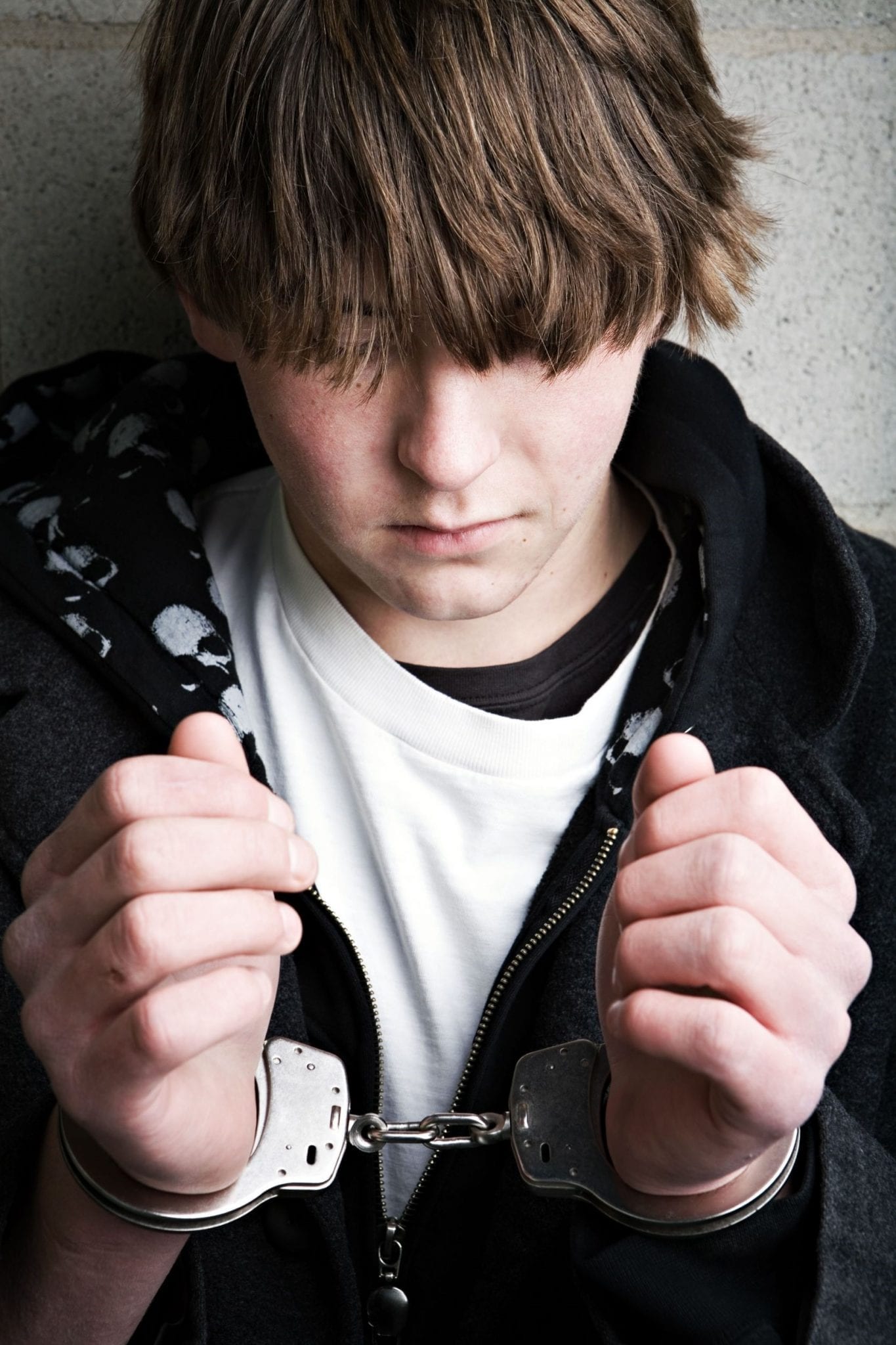Sexting between Minors is a Crime
Many parents are fearful of teens and technology, and unfortunately sometimes these fears aren’t unfounded.
Teen sexting—a term used to describe sharing naked or explicit photos over mobile devices—is potentially harmful to the development of teens.Click To Tweet
It is also a criminal offense—even when done between two minors.
As sexting is a relatively recent phenomenon, state governments have been unsure how to properly deal with the rise in teens sharing explicit photos. In some states, underage sexting is considered distribution of child pornography. Because of this, there have been instances where minors in a relationship engaged in sexting and ended up with sex crime charges. These aren’t minor criminal matters, either. Many of the charged teens are shocked to find themselves facing felonies.
A recent case involving two North Carolina teens, for example, has one 17-year-old male facing felony three third degree sexual exploitation of minor charges, and two counts of second degree sexual exploitation of a minor. If convicted, this teen will have to register as a sex offender. To add further confusion into the picture, the unique nature of the case means the accused teen is listed as both a perpetrator and a victim.
Many people believe that teens consensually sharing explicit photos should not be treated with the same punishments reserved for exploitive child pornographers. Other US states, including Illinois, have passed legislation to specifically address teen sexting. In total, 20 US states and Guam have laws that attempt to subject sexting teens to specific legislation.
Illinois Teen Sexting Laws
 The punishments for minors who send explicit photos vary significantly depending on the circumstances. In general, the law is much more lenient on juvenile offenders. The juvenile court system is very different from adult criminal courts—the hope of these courts is to rehabilitate and correct teen misbehavior before the juvenile becomes an adult. As such, the law generally seeks to avoid penalties that will have a long term effect on convicted teens, like sex offender registration or criminal records.
The punishments for minors who send explicit photos vary significantly depending on the circumstances. In general, the law is much more lenient on juvenile offenders. The juvenile court system is very different from adult criminal courts—the hope of these courts is to rehabilitate and correct teen misbehavior before the juvenile becomes an adult. As such, the law generally seeks to avoid penalties that will have a long term effect on convicted teens, like sex offender registration or criminal records.
Minors Involved in Electronic Dissemination of Indecent Visual Depictions in Need of Supervision. Illinois law addresses teen sexting specifically under statute 705 Ill. Comp. Stat. Ann. § 405/3-40. It refers to the act as “minors involved in the electronic dissemination of indecent visual depictions in need of supervision.”
Anyone under the age of 18 can be charged under this statute if they distribute or disseminate indecent visual images of a minor via electronic media. This includes any kind of social media, texting, smartphone apps, etc. If both individuals in the case are minors, they could be subject to juvenile penalties.
In Illinois, an individual under the age of 18 is considered a juvenile when charged with a misdemeanor. The juvenile courts will likely give the young offender some kind of community service and/or counseling for sexting-related offenses. For other misdemeanor offenses, a juvenile might face probation, a fine, or may be incarcerated in a juvenile facility.
Distributing Harmful Material to a Minor. Depending on the circumstances, the juvenile in question may also face charges of distributing harmful material to a minor. “Harmful Materials” can include naked or sexually explicit images. Under Illinois law, this is a Class A misdemeanor for first offenders, and a Class 4 felony for subsequent offenses.
Penalties for Non-Juvenile Offenders. In most cases, consensual sexting between two adults is not illegal. The law is very harsh, however, if one of the individuals involved is a minor. Under Illinois law, it is considered child pornography to film, record, or depict a minor engaging in a sexual act. Depending on the circumstances surrounding accusations, child pornography is a Class 1, 2, 3, or Class X felony – and felony penalties in Illinois are notoriously harsh. Those convicted of Class X felonies can face 6 to 30 years in prison, with extended sentences up to 60 years.
Furthermore, any individual in Illinois 17 years of age or older commits a serious crime if they post identifying or contact information of a minor under the age of 17 on an adult obscenity or child pornography website. It is also a crime to post non-sexual or non-explicit images on this kind of site, or to possess an explicit image of a minor if the minor is clothed but posed in a sexually suggestive way. This is a Class 4 or 5 felony, depending on the circumstances.
If you or someone you know has been charged with a crime, or if you have been approached by investigators, it is critical you contact an attorney experienced in criminal law. Get in touch with us today to begin building your defense strategy.
About the Author:
Andrew M. Weisberg is a former felony prosecutor who now serves as a defense attorney in the greater Chicago area. He has extensive experience in handling all types of criminal cases, from sex offenses and domestic violence to retail theft-related crimes, Murder, and drug crimes.







 Blog Home
Blog Home 











